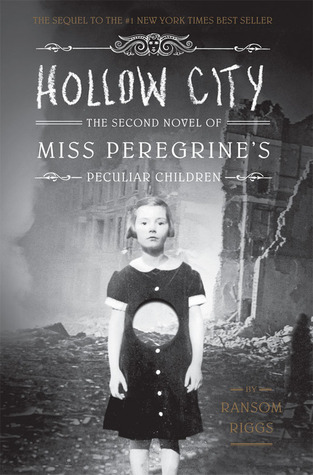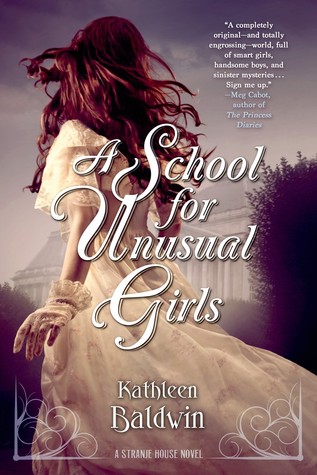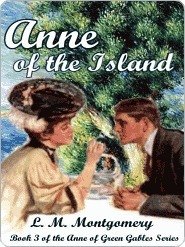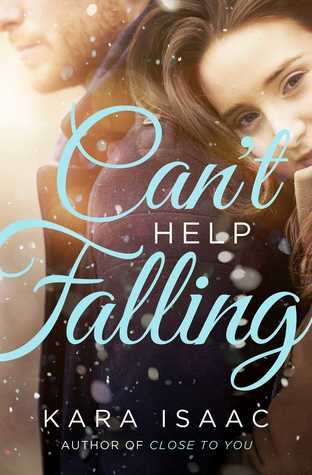
A haunting story of yearning, love and betrayal from the bestselling author of Thornwood House
Lucy Briar has arrived home in turmoil after years overseas. She’s met her fiancé in London and has her life mapped out, but something is holding her back.
Hoping to ground herself and find answers, Lucy settles into once familiar routines. But old tortured feelings flood Lucy’s existence when her beloved father, Ron, is hospitalised and Morgan – the man who drove her away all those years ago – seeks her out.
Worse, Ron implores Lucy to visit Bitterwood Estate, the crumbling historic family guesthouse now left to him. He needs Lucy to find something– an old photograph album, the very thing that drove Ron and his father apart.
Lucy has her own painful memories of Bitterwood, darkness that has plagued her dreams since she was young. But as Lucy searches for the album, the house begins to give up its ghosts and she is driven to put them to rest.
And there, held tightly between the house, the orchard and the soaring cliffs, Lucy uncovers a long-hidden secret that shattered a family’s bond and kept a frightened young girl in its thrall ... and Lucy discovers just how fierce the lonely heart can be.
Genre: Australian contemporary/historical thread fiction, mystery, Gothic.
MY THOUGHTS:
I've already come to expect dark family mysteries with dual timelines from Anna Romer.
In this one, Lucy Briar is summoned from her new home in London by her grandfather, Edwin. He promises to spill a family secret which has been concealed for many years if she'll return home to Australia. Alas, he dies before she gets there, but is her chance of learning it completely gone? The story peels back layers of the past as Lucy begins to search through Edwin's old artifacts with the help of Morgan, the man she's always been secretly in love with. Readers know it'll have something to do with the body hidden in the ice house at the beginning.
The characters through the generations take shape. Just as mystified as Lucy is her father Ron, a lovable author of twisted fairy tales who argues that bad guys never get a fair go. And appearing all through the past is the elusive Orah, a young shipwreck survivor who turns out to be a huge mystery, as nobody has a clue where she fitted in with the Briar family. Stories like this always seem to contain hope for the current generation, at the expense of heartache for their ancestors. (This one has its fair share of ladies who met horrible, watery ends. I suppose that's the treacherous southern coast of Australia for you.)
The passive, tragic figure of Edwin stayed in my mind. He was so peace-loving and affectionate, yet life seemed to have a way of trying to knock the stuffing out of him. I think part of his problem was not being forthcoming. He found it difficult to express the depths of his heart, so always opted for saying nothing. His keeping the peace policy had the opposite effect with his volatile family members. His son even cited his aloofness as the main reason for their not getting along.
Without the author needing to mention it, it's easy for readers to trace inherited traits in generations of the Briar family who have never met each other. There's Clarice and Ron's tendency to sink into depression, and Lucy sharing a habit with her grandmother of bolting at the first sign of trouble or discomfort.
I loved the beautiful little snippets of early twentieth century Australian life. They worked hard at Bitterwood, but it was meaningful, rewarding work. They kept a guesthouse, did lots of cooking and bred silkworms, all good, repetitive, worthwhile things. I might be a bit biased here because the setting holds good memories for me. I love driving along the Great South Ocean Road on summer holidays, and also seeing Australian settings brought to life so evocatively. It's been good to see the beautiful cover of this book in shops around my area recently.
Altogether, country Australia is a great setting for wistful, Gothic stories like this one.They remind me of similar novels by Kate Morton. And if anyone has read or seen the Aussie best seller The Light Between Oceans, look out for parallels. I'd be interested to discuss them with you.
Thanks to Simon and Schuster (Australia) and Net Galley for my review copy.
4 stars


























